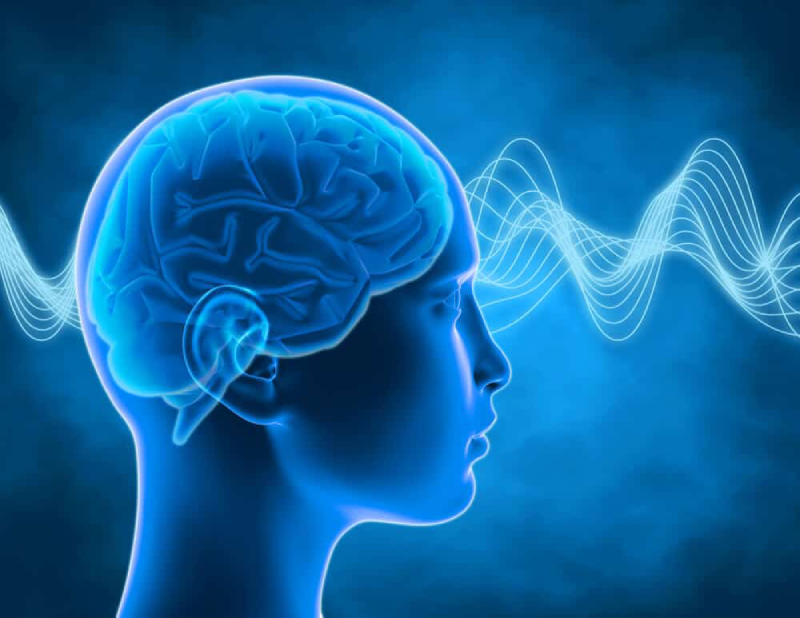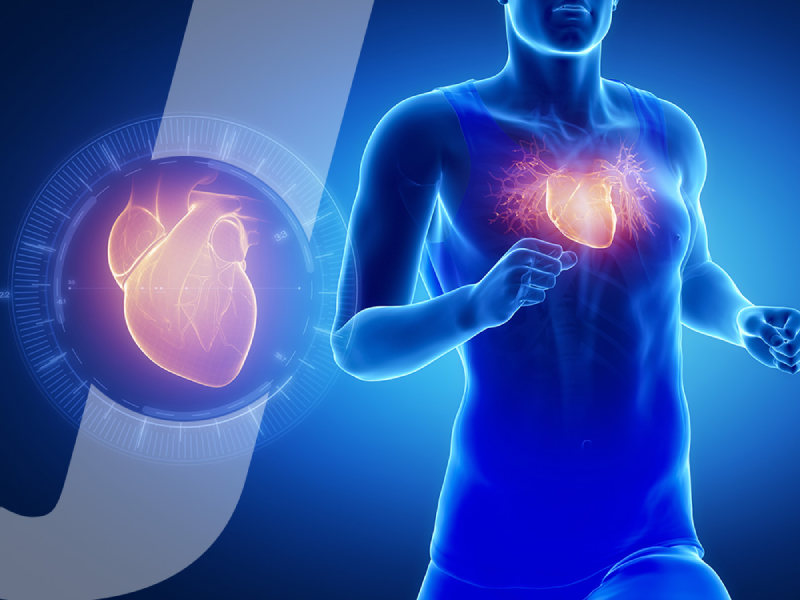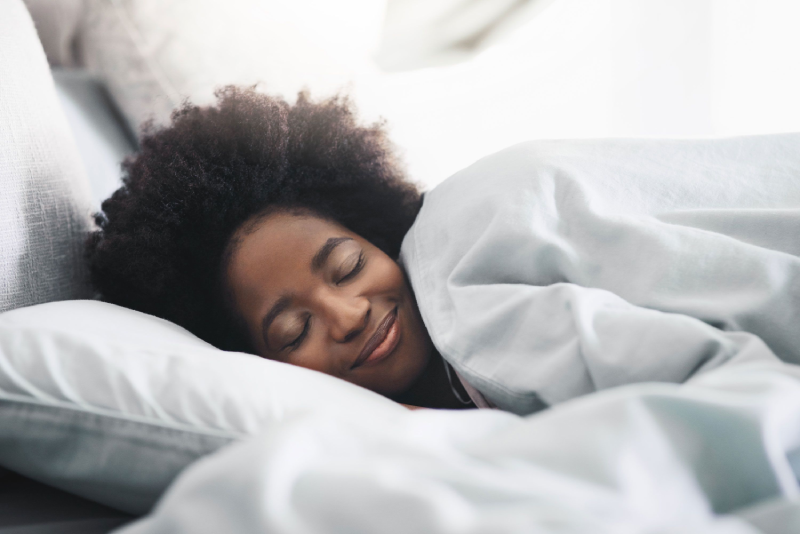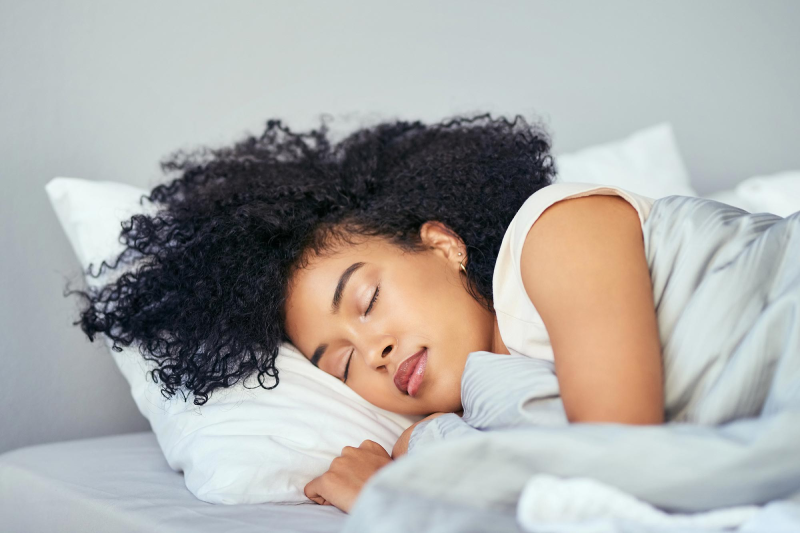
How to Achieve Peak Mental and Physical Health with Better Sleep?
You often feel that when you get a good night’s sleep, you feel great the next day, and it might seem like this is the only benefit of sleeping well. However, there are many more benefits of getting good sleep that not only improve your mental health but also have a positive impact on your physical health.
Here is an overview of the positive effects that good sleep can have on your health, as well as some of the negative effects that can result from a lack of quality sleep.
First, let’s talk about appearance because everyone wants to look their best, from real life to reel life (social media life). While social media offers many filters to enhance your appearance, what about daily life when you meet people face-to-face? Getting good sleep daily can give you a desirable facial look. Gradually, the quality of your sleep will reflect in your appearance. Not only will your facial skin stay well-hydrated, but your skin will also appear brighter overall.
We all know that lack of sleep or insufficient sleep causes dark circles, but don’t worry, these can be easily reversed. You just need to improve the quality of your sleep, and your dark circles will gradually disappear. On the contrary, when you don’t get enough sleep, you look tired throughout the day, your eyes appear swollen and red, and your face shows signs of fatigue.
Appearance is reflected not only in your looks but also in your behavior. If you have had a good night’s sleep, you appear more friendly to others. On the other hand, if you are sleep-deprived, people tend to avoid talking to you and leave you alone. A study also found that most people are hesitant to approach or talk to those who are sleep-deprived and prefer to leave them alone.
Improve Mental health

When you rest well and get good sleep, you have a greater ability to handle stress and become more emotionally stable.
Many studies have shown that participants had a much better mood the next day after getting a good night’s sleep. However, I don’t think we needed such experiments to prove this, as it is a well-known fact that our elders have been telling us for years. Nonetheless, in science, even obvious phenomena require proof. These studies clearly demonstrate that a good and motivated mood is directly proportional to the quality of your sleep. Additionally, good sleep allows you to control your emotions better and become a calmer person. Conversely, if you get insufficient sleep, the opposite effect occurs: your mood will be bad the next day, you’ll feel demotivated, and you’ll lose control over your emotions. You’ll become easily angered, frustrated, or sad.
Always staying cheerful and being psychologically healthy has many long-term benefits. A study shows that participants who had good sleep experienced a shift in their outlook on life. They began to see the many benefits of being happy, developed a sense of purpose, and started to understand the meaning of their lives. They felt more optimistic about their lives and the challenges they faced, which they previously feared and avoided discussing.
When it comes to mood disorders, it’s obvious to assume that they are connected to your sleep. According to a new study published in the Journal of Adolescent Health, if you get insufficient sleep, the likelihood of developing major depression within the next five years increases. This study suggests that the effect works in both directions. Just as poor sleep can cause mood and mental health issues, mental health issues can also contribute to sleep problems.
Improve Brain health and functioning

Good sleep has a very positive impact on your cognition, including your ability to think clearly, long-term memory, and overall brain health.
Good sleep makes it much easier to retrieve information. Anything you remember, such as a phone number or password, can be recalled more effectively if you get enough sleep. This means you’ll need to put in less effort to focus on your tasks. On the other hand, if you don’t get good sleep, your working memory becomes sluggish, requiring you to concentrate much harder.
Sleep plays a very important role in your cognitive performance, the time it takes to process information, and your ability to retain information. A study found that adults who regularly sleep for 8 hours performed better in tasks related to cognitive and mind processing, where memory and a calm mind are crucial, compared to those who sleep only 3-5 hours.
Another study, published in the Journal of the American Heart Association, found that brain health markers observed through MRI scans were significantly different depending on sleep duration. Adults who slept less than 7 hours showed several neuroimaging markers, including brain white matter lesions, also known as white matter hyperintensities. These are signs that increase the risk of future strokes or diseases like dementia.
The brain has a system called the glymphatic system, also known as the brain’s garbage disposal system. The increased risk of diseases due to poor sleep might be because poor sleep negatively impacts our glymphatic system. Dr. Beth Malow, a professor of neurology and pediatrics at Vanderbilt University and the director of the sleep division, explains, “When we sleep, this system removes waste products from the brain, including substances that can eventually contribute to Alzheimer’s and other neuro conditions.”
Achieve Fitness goals and sports performance

A well-known fact is that if you exercise regularly, you will sleep better at night and fall asleep more quickly. Otherwise, many people go to bed at their usual time but take 40 minutes to an hour to fall asleep. However, it’s not just that regular exercise helps you sleep better; the opposite is also true. Good sleep has a positive impact on your sports performance. Whether you are an elite or professional athlete, play sports as a hobby, or just want to stay motivated for your regular exercise, quality sleep greatly benefits you.
This happens because good sleep improves and stimulates various athletic markers, including coordination, response time, reflexes, decision-making ability, knowing when to slow down and when to speed up, and endurance. Numerous studies have shown that good sleep significantly enhances an athlete’s response time and performance. These studies cover major team sports such as football, cricket, basketball, and baseball, as well as individual sports like shooting, tennis, running, and swimming. If you participate in any sport, you should pay close attention to your sleep cycle and duration.
The risk of injury is always present in sports and for any athlete or sportsperson, getting injured before an important event is a nightmare. Given the benefits of sleep, it’s no surprise that getting good and long sleep not only reduces the risk of injury but also significantly enhances healing and recovery if you are injured. Thus, sleep is a crucial key to recovery. The primary reason for this is the release of a good amount of growth hormone during deep sleep. Our body is a very intelligent machine, and when we get long sleep, it releases a substantial amount of growth hormone because, during this sleep, the body is more stable and still, with minimal muscle movement, making it the best time for body recovery.
Weight management with enough sleep

Today, weight control is a major issue worldwide. Different experts have varying opinions on weight loss. Some believe in the calorie in, calorie out approach, emphasizing intense exercise for weight loss. Others find fasting and intermittent fasting effective, while some prefer different diets like Keto, GM, or Paleo. Although these experts have different opinions, they all agree on one thing: the importance of good and long sleep. If you combine adequate sleep with any type of healthy diet and exercise, you will achieve faster, more effective, and longer-lasting results.
You might have noticed that when we stay up late, we tend to feel hungrier. If we are at home, we frequently go to the kitchen or check the refrigerator and eat whatever we find, especially sugar-rich foods. Our brain encourages us to eat more when our waking hours are extended because it thinks we need more energy, making us feel hungry. On the other hand, when we are in deep sleep, our body releases two hormones, leptin and ghrelin, which are responsible for regulating our hunger. This is why getting good sleep helps reduce our caloric intake.
Researchers have found an obvious link between sleep and the risk of obesity when they conducted research related to sleep and health. In one study that analyzed the sleep patterns of over 120,000 adults with a body mass index (BMI) of 30 or above, which is the borderline for obesity, it was discovered that these individuals not only sleep 15 minutes less than the average but also have very variable sleep cycles. They don’t have a fixed time for going to bed or waking up.
So, in a way, improving your sleep quality, cycle, and duration can help you meet your weight loss goals. A study published in JAMA Internal Medicine involved two groups of overweight adults who were allowed to sleep for six and a half hours each night. Both groups had the same eating and exercise routines, but one group received personalized sleep hygiene advice while the other did not. After two weeks, the results showed that the first group increased their sleep by more than an hour and consumed 270 fewer calories daily compared to their daily limit. Additionally, they lost more than one pound during the two-week period, while their counterparts gained an average of one pound.
Improve Cardiovascular and metabolic health

Cardiovascular problems are spreading widely worldwide, and every dietitian or doctor has different recommendations to prevent them, such as regular two-hour walks, cycling, low-fat diets, regular exercise, etc. However, good sleep also has a positive impact on your cardiovascular health. If your sleep cycle and duration are 8 hours and you get satisfying sleep, your health risks, including long-term cardiovascular risks, significantly decrease. On the other hand, insufficient sleep poses many health risks, such as atherosclerosis (the buildup of plaque in the arteries) and other metabolic disorders like diabetes.
The American Heart Association created a list of eight essential behaviors for good cardiovascular health, and now they have included sleep duration in it. Regular and good sleep is now considered just as important as healthy food, diet, and exercise. A recent study published by the American Heart Association found that participants whose sleep varied by 2 hours or more from one night to the next had a higher risk of plaque buildup in their arteries, which is directly related to heart health.
Another metabolic disorder that is directly connected to sleep duration and variation is diabetes. In this disorder, glucose levels increase significantly, which is harmful to internal organs and eyes. According to studies, when we are sleep deprived, our blood sugar is not metabolized properly, causing consistently high sugar levels in the blood. Lack of sleep also leads to internal inflammation, which can be a cause of heart disease and stroke.
At the beginning of 2024, a study was published in the JAMA Network, providing evidence that the amount of sleep you get significantly impacts the likelihood of developing diabetes, which in turn increases your risk of heart disease and stroke. After analyzing the health data of approximately 248,000 adults, researchers found that those who sleep 6 hours or less have a higher risk of developing type 2 diabetes, regardless of their age or how healthy their diet is.
Longevity with Sleep? How?

Finally, we’ve reached a topic that interests everyone. No matter if we follow a diet, exercise, or meditate, our end goal is longevity. We all want a long and healthy life, and today’s science is conducting numerous experiments on ways to increase longevity. Since this article discusses the benefits of sleep, we will focus on how sleep impacts longevity.
As we know, science is conducting extensive research on longevity and has found substantial evidence that good sleep is a factor in increasing life expectancy. While we’ve previously discussed how sleep is a significant factor in preventing heart disease and strokes, which in turn increases life expectancy, here we will talk about the direct health benefits of sleep for longevity.
In a new study, the health data of 172,000 adults were analyzed, focusing particularly on sleep duration, insomnia, sleep quality, and how they feel when they wake up. Researchers found that adults with the best sleep patterns have a much lower risk of early death, regardless of their lifestyle choices.
How to improve your sleep? Here are some tips

It’s clear now that good sleep gives many benefits for our health, whether it be mental health, physical health, appearance, or mood. Many of us think that we sleep well, but that’s not always the case. Most people have insufficient, short, irregular sleep and wake up frequently during the night. So the question arises: how do we start improving our sleep?
First, focus on sleep duration; you should aim for at least 8 hours of sleep at a stretch, not 4 hours in the afternoon and 4 hours at night. Consistency is also crucial. If you sleep at 9 PM one day and at 11 PM the next, it disrupts your sleep cycle and the body’s circadian rhythm. Always try to go to bed at approximately the same time. A difference of 10-15 minutes is acceptable, but generally, the time should be consistent.
You should also improve and maintain the hygiene of the place where you sleep. It shouldn’t be too cold or too hot; the ideal temperature for a good sleep is around 18 degrees Celsius. The bed sheets should be clean, and it’s best to use cotton sheets. Always wear light clothing before sleeping and try to take a shower before bed. This can be very beneficial for your sleep. Avoid using your mobile phone or any screens at least one hour before sleeping. If possible, engage in meditation, light yoga, or listen to natural music. Keep your sleeping area dark and try to minimize light coming in from outside. These tips can greatly help you achieve better sleep.
Now you know the benefits of sleep and almost all the ways to achieve good sleep. You can read more articles to learn about this topic in detail, but those will be more scientific. Here, we have tried to explain it in very basic and layman’s language. Hopefully, you are reading this article at least one hour before bedtime to avoid screen time after that. Sleep well.

